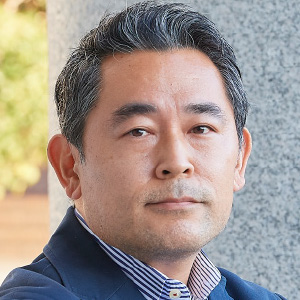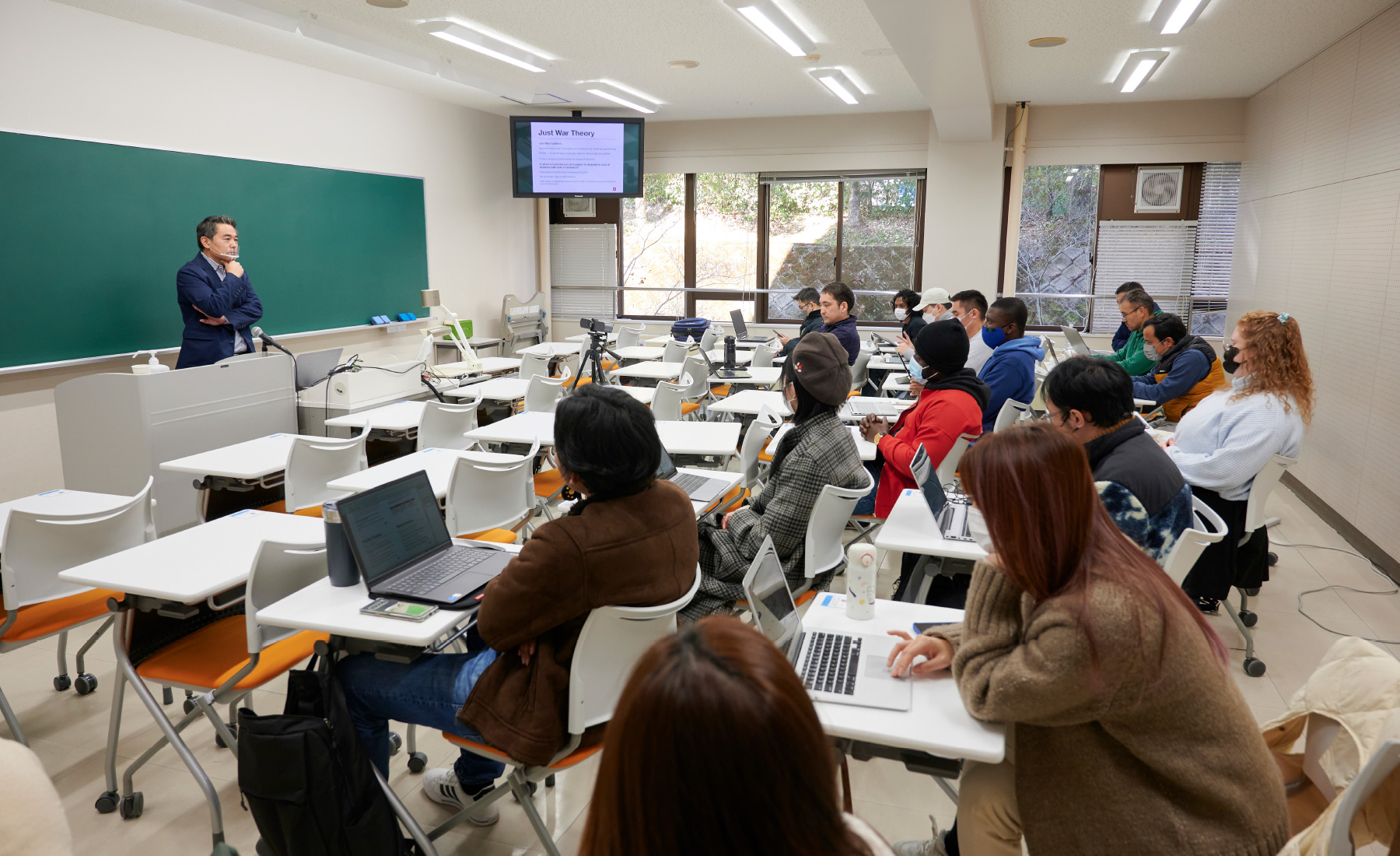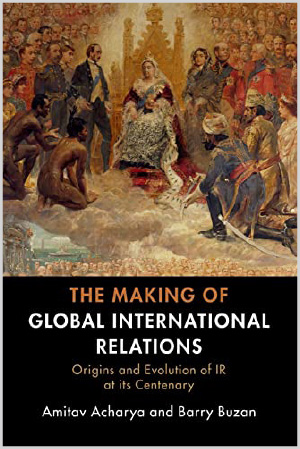Global International Relations
Reexamining international relations from its beginnings,
bridging the West and the non-West

ATAKA HiroakiProfessor, College of International Relations
Thinking How to Bridge the West and the Non-West
by Critically Examining Eurocentric International Relations
What is Global International Relations?
AtakaIt is an approach that grew out of a movement to question conventional International Relations and rethink their origins.
While International Relations is a field that captures the relationship between states, there was a built-in Western bias due to its origins in Britain and the United States. The discipline was developed from the point of view that assumes a common sense of the West as a global standard. However, doubts about using the West as the sole standard started to spread among various disciplines around 30 years ago. Critical approaches that scrutinize Eurocentric perspectives also began in International Relations.
For example, indigenous communities that cut off interactions with others and continued observing traditional customs were excluded from Western-oriented studies of International Relations. However, for them to protect their traditional lifestyles, they need national measures and international schemes to protect the surrounding environment. They can't live entirely autonomously within the reality of international society. Global International Relations, which incorporates a non-Western perspective, begins by understanding their world and considers how these two different worlds can connect and coexist.
Tell me about your research.
AtakaMy research examines how to bridge the West and the non-West in International Relations, traditionally rooted in Eurocentrism, whether it is possible to bridge in the first place, and to build a theory of Global International Relations. Beyond looking at actual countries and their relationships, theoretical research is also part of International Relations. One of the things I am working on is studying the disciplinary and theoretical history of IR in different parts of the world. It tries to find non-Western views of international relations in heretofore neglected perspectives. In South Africa, for example, a strongly racially oriented way of thinking about international relations played a role in the country's formation. Turkey and Japan also have their unique ways of thinking. As I examine these perspectives, I hope to find common concepts that can lead to developing theories that bridge the West and the non-West. Global International Relations' challenge is overcoming Eurocentrism without falling into a mere dichotomy, drawing on ideas from theories and methodologies of neighboring disciplines such as Sociology, Philosophy, and Anthropology. In that sense, it is still a developing field.

Why did you start theoretical research?
AtakaI came across critical perspectives as a graduate student in the United Kingdom. Hearing my professor discuss theories and ideas that never crossed my mind was eye-opening. I realized that what I thought was common sense was common sense that benefited the great powers and that what I had thought was strange not to think about was something I was made to believe. Since then, I have taken an interest in theories of International Relations that take a critical view and started theoretical research to rethink my “common sense” once again.
I Want Students to Learn to Ask,
“What Does That Really Mean?”
Tell me about your advanced seminar (i.e. zemi).
AtakaMany of them are international students, enrolling both in April and September, and several students study abroad, so the members frequently change from semester to semester. The atmosphere, therefore, may differ slightly from typical seminars. However, it is an orthodox-style seminar in which students read what they choose from books selected according to their research themes, with someone giving a weekly presentation. The other day, we read and discussed the latest special issue of a journal published by a famous British think tank. The paper argued that the characteristics of American military culture were a belief in technology, such as pinpoint attacks using AI. The presenter was a student from Indonesia, and the following discussion revolved around what would have happened if modern American technology had existed at the time of her country's independence. Students from other countries each offered a different angle. Each of them draws on their background and experience and speaks out more and more. I usually act as traffic control so that perspectives are not biased.

What do you hope students will learn in the College of International Relations?
AtakaTo question things, I think. I want them to learn to ask, “What does that really mean?” Our everyday lives, like it or not, are inextricably linked to the trends of the world. Why, for example, have burgers gone up in price? Do they understand that there are more factors at work given world affairs than domestic factors alone? Understanding international society is essential to learn what is “real.” I want students to study International Relations as a necessary tool to live and understand the world.
Most students at the College of International Relations study abroad, even if for a short time. I am sure they will experience many things for the first time by placing themselves in a situation where they are the overwhelming minority. Sometimes, they feel and think, “Why do people say things like that?” There may be things they notice when communicating with international students. I hope the sensitivities they acquire through these experiences will become sharper by studying at the College of International Relations.
For Those Interested in
Global International Relations: BOOKS
酒井啓子 編
グローバル関係学とは何か
岩波書店(2020)

Amitav Acharya, Barry Buzan
The Making of Global International Relations:
Origins and Evolution of IR at Its Centenary
Cambridge University Press(2019)

Arlene B. Tickner, Ole Wæver, eds.
International Relations Scholarship Around the World
Routledge(2009)
